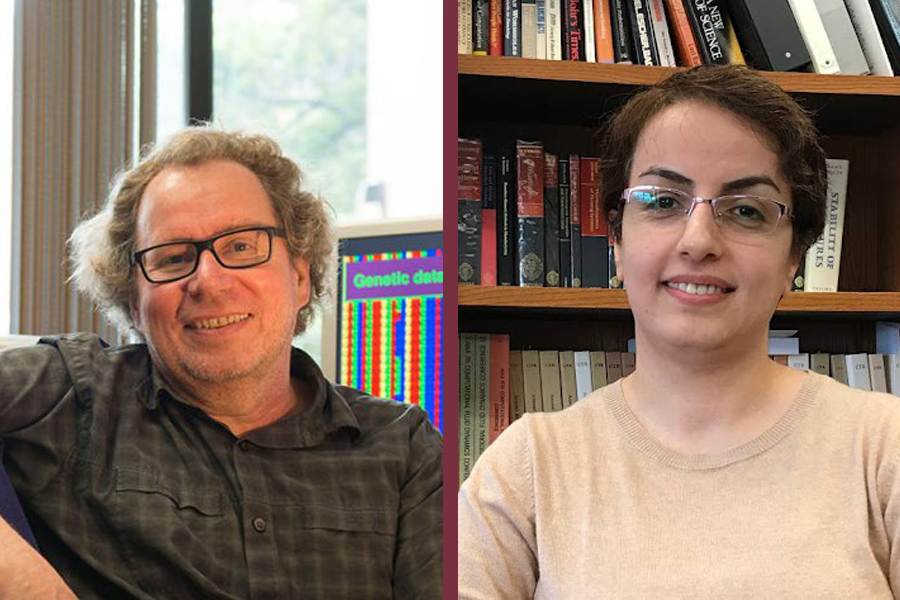FSU professor awarded NSF grant to create new software tool

The National Science Foundation awarded a Florida State University professor a $410,000 grant to create a software tool designed to help scientists make more accurate predictions regarding populations of endangered or commercially exploited animal species.
Peter Beerli, a professor with the Department of Scientific Computing in the FSU College of Arts and Sciences, will lead the project to develop the new tool, which will help generate more accurate estimates of population size and genetic diversity in different species. The new software could help with problems such as controlling pathogen outbreaks, improving regulations of catch quotas for commercial fishing and preservation of endangered species.
Beerli will work with former FSU postdoctoral researcher Somayeh Mashayekhi, now an assistant professor of mathematics at Kennesaw State University in Georgia, to develop the new tool.
“Somayeh and I are so excited because this grant allows us to improve on work we have done while she was here at FSU, and this allows for expanding one of the core theories in my field of population genetics,” Beerli said.
The team plans to build upon a mathematical theory they developed in 2019 that generalizes coalescence theory, a model that uses the genealogy of a random sample of individuals in a population to make statements about the population based on the descendancy of common traits.
“Currently, our generalization is limited and cannot discuss data that comes from multiple populations,” Beerli said. “We will expand our theory and our existing, open-source inference program, MIGRATE, to include these new findings.”
After using simulated data to test the new software, the team will collaborate with researchers using the MIGRATE software to reanalyze a variety of real datasets. This will help researchers establish correlations of variability of offspring numbers with the life history of different species.
The new software also aims to solve a significant problem that exists with current populations genetics theory: the assumption that a given population exists in a homogenous environment.
“With natural populations, we know that this is not true, in that some individuals are lucky and have offspring under conditions where all survive, while others may fail to produce offspring at all,” Beerli said.“We offer a theoretical advancement that allows us to measure this heterogeneity in populations. This will lead to better predictions and maintenance of populations of interest, for example, the maintenance of endangered or commercially interesting species.”
In addition to applications for predicting animal populations, the software also will serve as a valuable new tool in the global fight to stop the spread of various infectious diseases threatening humankind. Beerli points to the various coronavirus strains in the COVID-19 pandemic as an example of why this improved accuracy is so important in curbing the effects of pathogens in a population.
“This research addresses the assumption that the populations being studied have a relatively constant number of offspring per generation,” he said. “Scientific observation has shown that this assumption is incorrect. For example, some SARS-CoV-2 strains are more successful in infecting people than others, suggesting that the ancestor with a new mutation has many more ‘offspring’ than others.”
Department of Scientific Computing chair Gordon Erlebacher said the new software will be a boon to the research community and the resulting improvement to accuracy will decrease bias in data translation and analysis used in policy decisions.
“Peter Beerli is world-renowned in the realm of population genetics,” Erlebacher said. “In these days of national emergency and misinformation or disinformation, models that remove unrealistic assumptions become increasingly relevant. This award will help with the department’s mission of training students in state-of-the-art modeling and computational techniques with applications across a broad swath of subject areas.”
